An excerpt from “Pavel’s Violin,” chapter thirty, “Naked in the Night.”
(C) 2017 Walter William Melnyk, All Rights Reserved. Do not duplicate.
Use the link to the right to purchase “Pavel’s Violin” on Amazon.
 Mira looked to her left, through the chain link fence and barbed wire, across the train tracks and the infamous arrival ramp, to the barracks of the Women’s Camp. Despite the hour, one building still had a light burning in one window. Mira had once been told the building was the Music Block, the barracks of the Auschwitz Women’s Orchestra. She had seen or heard them occasionally, from a distance, over the past six months. Often playing as work details left in the morning, or returned in the afternoon. Sometimes they gave concerts for the Nazi SS officers. Occasionally she had seen them playing on the arrival ramp, as Jews exited a new transport and were selected for life or death by the feared Doctor Mengele. She fixed her eyes upon the one lit window, the one that often remained lit when all else had gone dark. She had been told the room belonged to the conductor of the orchestra, the world famous violinist Alma Rosé. How Mira had wished she could talk with Alma! How she had wished she could play her own Violin beside her in the orchestra. But it could not be. The Women’s camp was in a different world.
Mira looked to her left, through the chain link fence and barbed wire, across the train tracks and the infamous arrival ramp, to the barracks of the Women’s Camp. Despite the hour, one building still had a light burning in one window. Mira had once been told the building was the Music Block, the barracks of the Auschwitz Women’s Orchestra. She had seen or heard them occasionally, from a distance, over the past six months. Often playing as work details left in the morning, or returned in the afternoon. Sometimes they gave concerts for the Nazi SS officers. Occasionally she had seen them playing on the arrival ramp, as Jews exited a new transport and were selected for life or death by the feared Doctor Mengele. She fixed her eyes upon the one lit window, the one that often remained lit when all else had gone dark. She had been told the room belonged to the conductor of the orchestra, the world famous violinist Alma Rosé. How Mira had wished she could talk with Alma! How she had wished she could play her own Violin beside her in the orchestra. But it could not be. The Women’s camp was in a different world.
“Still, I have been able to play for the families,” Mira thought. “Still, I have been able to teach Beáta, who is getting quite good.”
There was a momentary lull in the rumbling of the trucks, and Mira could hear the faint sounds of a violin coming from that lighted window in the Music Block. She strained to hear the tune. Chopin’s Etude in E, Tristesse. It was rumored to be Alma’s favorite piece, and she often played it late at night. Sometimes it could be heard drifting across the silent camp, a song of lost love, of hopeless resignation.
A song lives in me,
a lovely song,
it stirs up memories
within my heart.
My heart was still.
Now that tender song cries out again,
calls me, everywhere!
Life was far off,
dreams gone away,
My Heart! how calm
you were so long ago,
so long ago.
Now it all wells up again,
all my joy, my heart’s desire,
deepest yearning, sleepless anguish
lives!
I just want peace,
peace within my heart,
never to recall
that song.
Mira remembered the words, as the music drifted across the horrible selection ramp. She would never see Joseph again. Had she ever wished to forget the pain by forgetting him? She would not have thought so. Who was it Alma had loved so dearly, that she so longed to forget? Longed to forget, as the only way to find peace?
“Well,” Mira thought, “I will find peace soon enough tonight.” She hugged Beáta and Mirek closer. They had been so strangely quiet. “I hope it will come quickly, when it comes.”



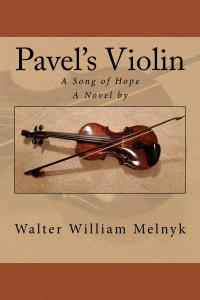
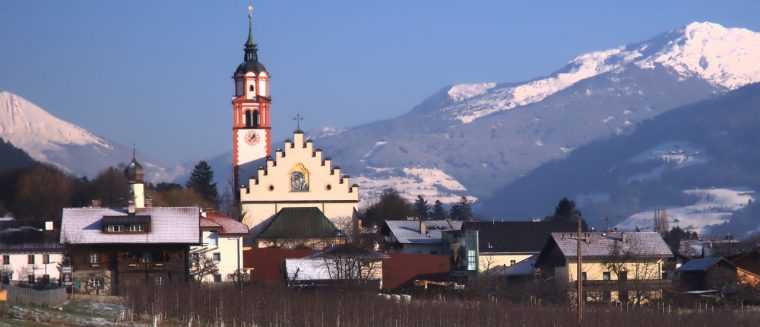 Part I – In Absam Prope Oenipontum (1637-1670)
Part I – In Absam Prope Oenipontum (1637-1670)


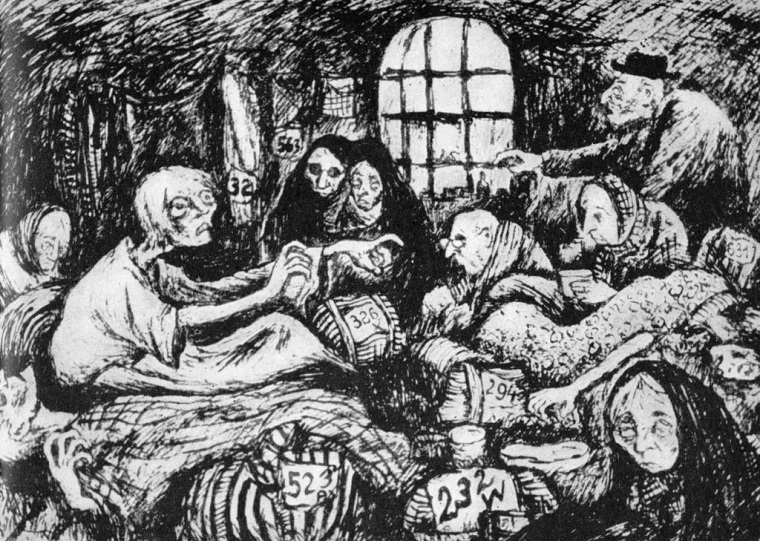



 Mira looked to her left, through the chain link fence and barbed wire, across the train tracks and the infamous arrival ramp, to the barracks of the Women’s Camp. Despite the hour, one building still had a light burning in one window. Mira had once been told the building was the Music Block, the barracks of the Auschwitz Women’s Orchestra. She had seen or heard them occasionally, from a distance, over the past six months. Often playing as work details left in the morning, or returned in the afternoon. Sometimes they gave concerts for the Nazi SS officers. Occasionally she had seen them playing on the arrival ramp, as Jews exited a new transport and were selected for life or death by the feared Doctor Mengele. She fixed her eyes upon the one lit window, the one that often remained lit when all else had gone dark. She had been told the room belonged to the conductor of the orchestra, the world famous violinist Alma Rosé. How Mira had wished she could talk with Alma! How she had wished she could play her own Violin beside her in the orchestra. But it could not be. The Women’s camp was in a different world.
Mira looked to her left, through the chain link fence and barbed wire, across the train tracks and the infamous arrival ramp, to the barracks of the Women’s Camp. Despite the hour, one building still had a light burning in one window. Mira had once been told the building was the Music Block, the barracks of the Auschwitz Women’s Orchestra. She had seen or heard them occasionally, from a distance, over the past six months. Often playing as work details left in the morning, or returned in the afternoon. Sometimes they gave concerts for the Nazi SS officers. Occasionally she had seen them playing on the arrival ramp, as Jews exited a new transport and were selected for life or death by the feared Doctor Mengele. She fixed her eyes upon the one lit window, the one that often remained lit when all else had gone dark. She had been told the room belonged to the conductor of the orchestra, the world famous violinist Alma Rosé. How Mira had wished she could talk with Alma! How she had wished she could play her own Violin beside her in the orchestra. But it could not be. The Women’s camp was in a different world.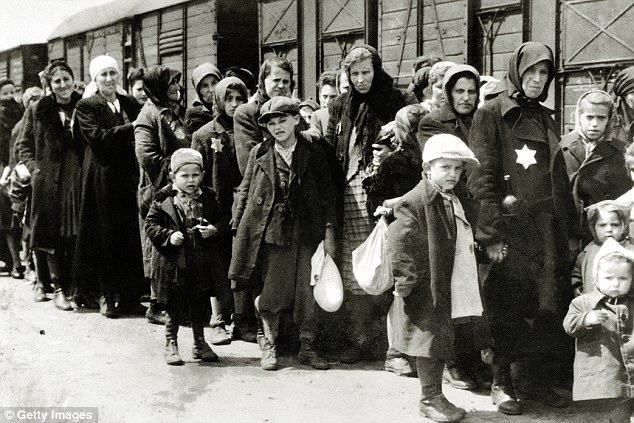
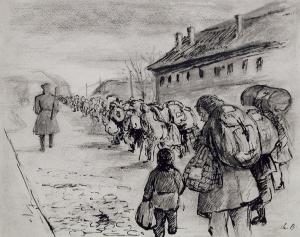

 5 stars Fantastic Must Read
5 stars Fantastic Must Read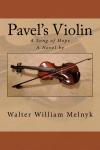 D.J.C. June 21, 2017
D.J.C. June 21, 2017